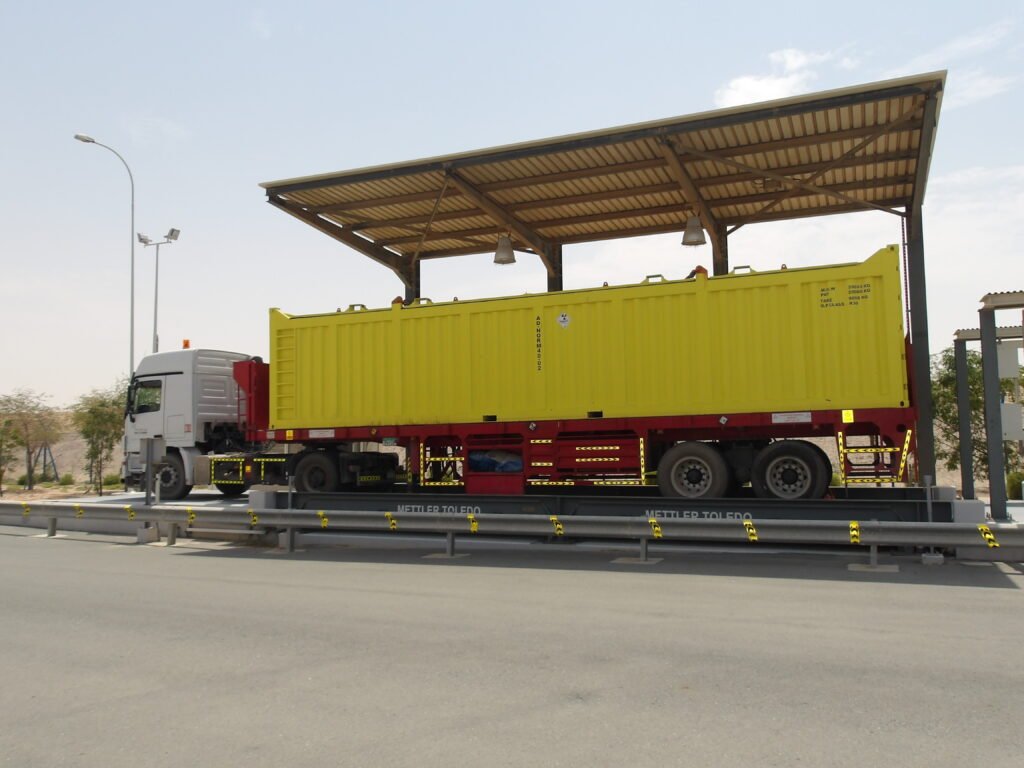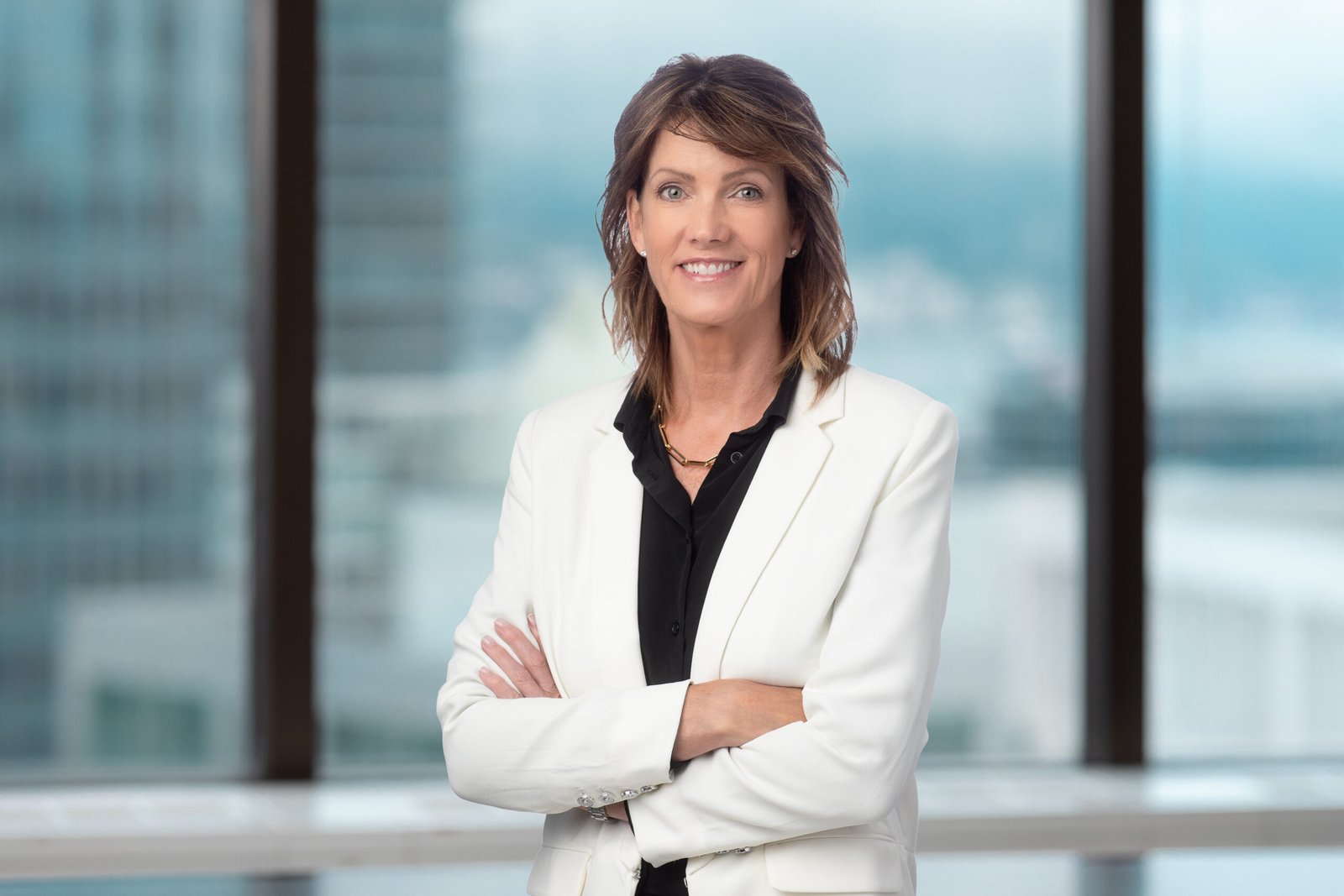Could you clarify what specifically constitutes hazardous waste, the primary sources of such waste, and how its composition differs from other types of solid waste?
Thierry: Hazardous waste refers to waste materials that pose substantial or potential threats to public health or the environment. This includes flammable, corrosive, reactive, toxic, infectious, or radioactive waste. The primary sources of hazardous waste are industrial manufacturing processes, chemical production, petroleum refining, medical facilities, and agricultural activities. Unlike general solid waste, which may be non-hazardous, hazardous waste contains substances that require special handling, treatment, and disposal methods to prevent contamination and harm.
Could you provide an in-depth overview of the Magma plant, including its establishment’s motivation and role in managing hazardous waste within the UAE’s industrial sector?
Thierry: In line with Veolia’s GreenUp strategy, MAGMA plays a crucial role in Regeneration and Depollution.
MAGMA, strategically located in Ruwais, was established to meet the urgent need for safe and compliant hazardous waste management in the UAE, especially to support the expanding petrochemical sector. The facility, which operates two plants—BeAAT and NORM—with a combined annual capacity of 70,000 tons, is equipped with specialized units such as incineration, Thermal Desorption, centrifugation, physical-chemical treatment, and solidification among other treatments.
Can you walk us through the various stages of hazardous waste recycling at Magma and elaborate on the stringent safety protocols the facility follows to ensure both environmental protection and worker safety?
Thierry: The commitment to safety and environmental stewardship is a cornerstone of our Green Up strategy.
The hazardous waste process at MAGMA begins with waste characterization in our laboratory to assess its reactivity and toxicity. Depending on these properties, waste is directed to the appropriate treatment unit or units. Our safety protocols, guided by international standards from entities such as EAD, FANR, IEA, Veolia, and ADNOC, ensure high safety levels for our workforce and minimal environmental impact.
What is Magma’s overall business strategy, and how are both macroeconomic and industry-specific trends shaping the plant’s performance and long-term objectives?
Thierry: MAGMA’s business strategy is centered on expanding capacity and enhancing operational efficiency to cater to the increasing demand for hazardous waste management in the UAE and Middle East Region. Currently, MAGMA is running multiple expansion projects that aim to grow the capacity to 160,00 tons annually over the next 4 years. This strategy is shaped by macroeconomic trends, including the expansion of the petrochemical industry in UAE and rising environmental regulations, compelling us to innovate and expand our operations to maintain industry leadership. This ambitious growth plan aligns with our Green Up strategy, focusing innovation, depollution, decarbonization and regeneration.

What is Magma’s strategy for expansion, and what are the primary factors driving this growth?
Thierry: Our expansion strategy is driven by the need to accommodate increasing volumes of hazardous waste and its growing complexity, propelled by the expansion of the petrochemical sector and stringent environmental regulations. We aim to Depollute and Regenerate by enhancing our capacity and Innovate by introducing new technologies to improve efficiency and effectiveness in waste management while Decarbonizing, which is a key objective of the Green Up strategy.
How is the plant leveraging the various modern technologies to scale operations and enhance overall business performance?
Thierry: MAGMA utilizes modern waste treatment and recycling technologies and techniques along with sophisticated waste tracking systems integrated with CRM software, to ensure optimal traceability and operational efficiency. These technologies enable us to effectively manage larger volumes of hazardous waste. Several other IT tools support our operations and management in monitoring and benchmarking our performance.
What role does Magma play in supporting the petrochemical industry in the UAE, and what specific environmental challenges does the plant address for this sector?
Thierry: MAGMA supports the petrochemical industry by managing the hazardous waste it generates, including the treatment and disposal of organic and inorganic waste. We address key environmental challenges like reducing pollution and ensuring that waste handling meets stringent regulatory standards to protect human health and the environment.
How does the plant’s hazardous waste treatment process align with global best practices, and what makes it a state-of-the-art facility?
Thierry: Our facility aligns with global best practices through compliance with international standards from organizations like the International Atomic Energy Agency and local regulations from FANR and EAD. Our comprehensive waste management approach, coupled with cutting-edge technology and stringent safety protocols, positions MAGMA as a state-of-the-art facility and reference in the Waste Management sector worldwide.
This commitment to excellence and innovation is a cornerstone of our Green Up strategy, aiming to lead the Hazardous Waste Management industry through best-in-class operations.
Can you explain how Magma balances environmental protection with operational efficiency, particularly as hazardous waste volumes increase?
Thierry: As hazardous waste volumes increase, MAGMA maintains a balance between environmental protection and operational efficiency by investing in process optimization and capacity debottlenecking. These factors, together with constant innovation and enhancement of the latest best practices worldwide in Waste Management, allow us to handle larger waste volumes without compromising environmental integrity.

What are some of the biggest challenges you face when it comes to hazardous waste treatment in the UAE, and how does Magma address them?
Thierry: One of the biggest challenges is managing the increasing volume and complexity of hazardous waste in a fast-growing market. MAGMA addresses this by continuously upgrading our technology and processes and expanding our capacity to ensure efficient and compliant waste treatment supporting industries in reaching their Net Zero targets against the Paris Agreement.
How does Magma promote circular economy practices, and what role does resource recovery play in the plant’s overall strategy?
Thierry: Currently, MAGMA has a recovery/ recycling rate closer to 50% with specific plans to reach up to 70% during the next years. MAGMA promotes circular economy practices by focusing on the recovery, recycling, and reuse of waste material in alignment with the Waste Hierarchy. Resource recovery is integral to our GreenUp strategy, reducing the consumption of raw materials and minimizing waste, aligning with our company’s sustainable development goals and those of our shareholders.
Are you considering the establishment of similar plants anywhere else in the MENA/Africa region?
Thierry: Yes indeed, we are exploring opportunities to establish similar facilities in other parts of the MENA and Africa regions, aiming to replicate our successful model to meet the growing demand for hazardous waste management in these areas.
And looking ahead, how do you see hazardous waste treatment evolving in MENA/Africa?
Thierry: The treatment of hazardous waste in MENA/Africa is likely to become more sophisticated with increased regulatory requirements and technological advancements. We anticipate a shift towards more sustainable practices and innovative treatment technologies that minimize environmental impact.
What innovations or trends do you expect to play a major role in the near future?
Thierry: The fast advancements in AI, digitalization, and automation will play crucial roles in optimizing waste management processes. Starting from optimizing the process at source to reduce waste generation to transportation and material and energy recovery from waste.
Embracing these trends is a significant aspect of our Green Up strategy, as we leverage digitalization, AI and Generative AI to accelerate growth and drive ecological transformation.





